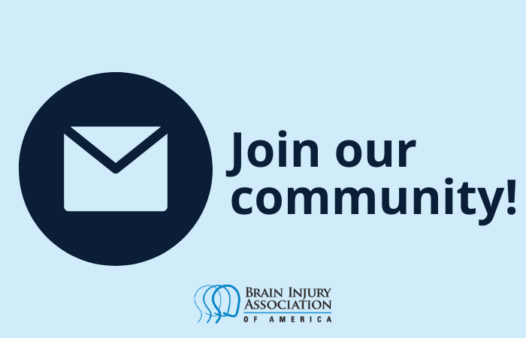Scheduled Telephone Counseling and Education has Positive Effect on Outcome
Categories: Recovery - Long Term
What is the effect of scheduled telephone counseling and education on functioning at one year after inpatient rehabilitation for individuals with traumatic brain injury?
Past Studies
Past Studies show that after completing inpatient rehabilitation, some individuals with traumatic brain injury and their families face a gap in services. They may experience a lack of community-based rehabilitation programs, an incomplete system of care, and scarce financial resources for potentially lifelong service needs. Further, although many treatment programs have been developed to help individuals with traumatic brain injury after inpatient rehabilitation, the shortage of outpatient treatment programs in communities far from major medical centers continues to limit some individuals’ access to services. Telephone-provided services are used to address some of these problems for individuals with other diagnoses.
Recently researchers have found that scheduled telephone counseling has resulted in improved outcomes for individuals with arthritis, lupus, heart disease, and depression. In one study, the researchers found that most individuals with health concerns do not call their doctors. However, when healthcare professionals contacted the same individuals, more than 90% of them had important questions about self-care or recovery. The use of telephone contact for individuals with traumatic brain injury has not been studied in great detail.
This Study
This study included 171 adults with traumatic brain injury who completed inpatient rehabilitation. The participants lived at home in a mixed rural-urban area. They were divided into two groups. One group received telephone intervention services and usual care after discharge. The other group received only the usual care. The first group received telephone calls at two and four weeks and two, three, five, seven, and nine months after discharge. The calls consisted of brief motivational conversations, counseling, education, and care referrals. Both groups were assessed with standard measures of functioning and life quality after one year.
The researchers found that those who had received scheduled telephone intervention reported better functional status and quality of well-being, compared to those that received usual outpatient care. No significant differences were found in the areas of employment status or community integration status. Eighty-four percent of the follow-up calls were for information and counseling only, 15 percent were for referrals, and less than 1% were emergencies.
Who May Be Affected By These Findings
Individuals with traumatic brain injury and their significant others, rehabilitation personnel, community integration planners, government agencies, and researchers
Caveats
Participants from ethnic minority groups not only did not seem to benefit from the phone intervention but also reported outcomes that tended to be worse than those reported by the standard follow-up group. The researchers did not expect this finding. They suggest that future studies should address cultural considerations and health care.
Bottom Line
The researchers demonstrated the successful use of scheduled telephone counseling and education in improving outcomes for people with moderate to severe traumatic brain injury and their families. The researchers state that a scheduled telephone intervention is cost-effective and accessible.
Please take a moment to comment on the value of this abstract:
Click here to take a brief survey
Find This Study
Bell, K. R., Temkin, N. R., Esselman, P. C., Doctor, J. N., Bomardier, C. H., Fraser, R. T., Hoffman, J. M., Powell, J. M., & Dikmen, S. (2005). The effect of a scheduled telephone intervention on outcome after moderate to severe traumatic brain injury: A randomized trial. Archives of Physical Medicine and Rehabilitation, 86, 851-856.



